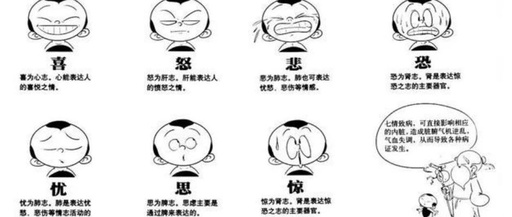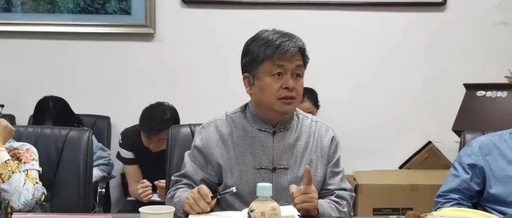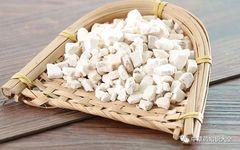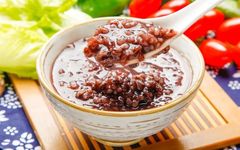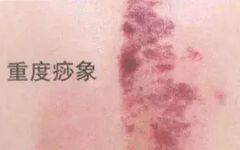TCM Diagnosis of Internal Injury: The Impact of Excessive Emotions!
In Traditional Chinese Medicine (TCM), we recognize the causes of internal injuries related to emotions, known as the Seven Emotions (Qi Qing). The commonly known emotions are joy, anger, sorrow, and happiness, but in TCM, we refer to them as the Seven Emotions. What are the Seven Emotions? Seven Emotions The Seven Emotions refer to … Read more

